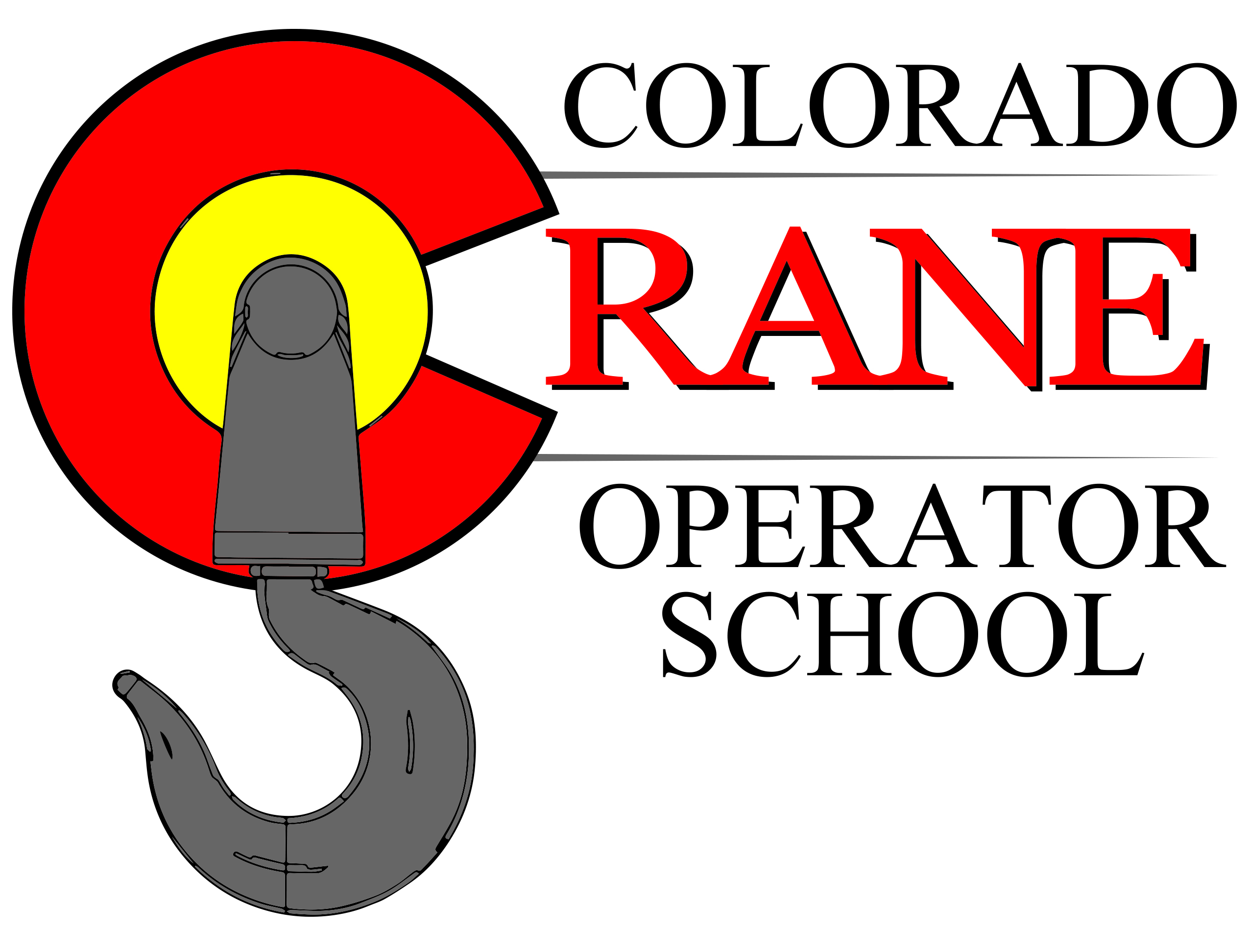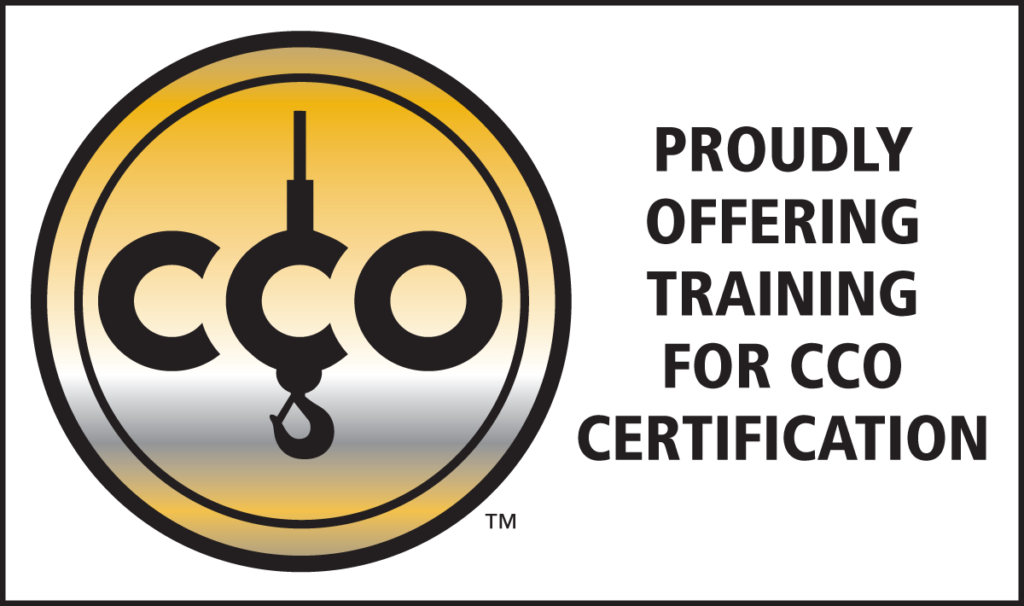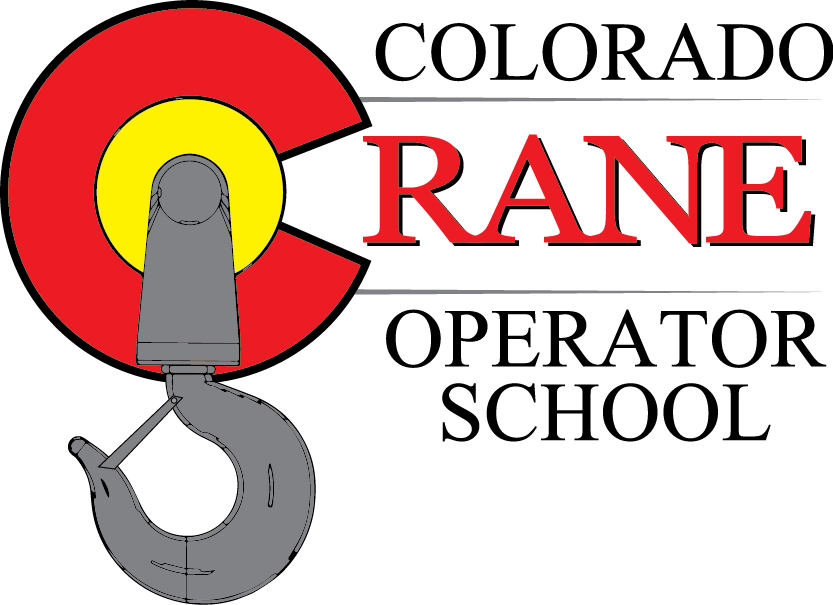In recent years, the landscape of traditionally male-dominated industries has been changing, with more women stepping into roles that were once considered off-limits. One such industry is crane operation, where women are making significant strides by becoming NCCCO (National Commission for the Certification of Crane Operators) certified crane operators. This article explores the journey, challenges, and triumphs of women in this field, highlighting their contributions to the industry and the broader implications for gender equality in the workplace.
The Journey to Certification
Becoming an NCCCO certified crane operator is no small feat. The certification process involves rigorous training, both practical and theoretical, to ensure operators have the necessary skills and knowledge to safely and efficiently handle cranes. For women entering this field, the journey often begins with a passion for heavy machinery and a desire to break the mold.
- Training Programs: Women aspiring to become crane operators typically enroll in specialized training programs that offer hands-on experience with different types of cranes. These programs cover various aspects, including crane setup, load management, and safety protocols. Colorado Crane Operator School 4 Week Training Program is a great place to get started.
- Passing the Exams: The NCCCO certification process includes both written and practical exams. The written exams test knowledge of crane operations, safety regulations, and industry standards, while the practical exams assess the ability to operate cranes under different scenarios.
- On-the-Job Training: After initial certification, many women gain further experience through on-the-job training. Working alongside seasoned operators helps them refine their skills and build confidence in their abilities.

Challenges Faced by Women in Crane Operation
Despite the progress, women pursuing careers as crane operators face several challenges. These obstacles, however, have not deterred their determination and resilience.
- Breaking Stereotypes: One of the biggest hurdles is overcoming societal stereotypes that label crane operation as a “man’s job.” Women often have to prove their competence and dedication to gain acceptance and respect from their peers.
- Physical Demands: Crane operation can be physically demanding, requiring strength, coordination, and endurance. Women have shown that they can meet these demands through rigorous training and perseverance.
- Workplace Environment: The construction and heavy machinery industries have historically been male-dominated, leading to potential challenges in workplace culture. However, as more women enter the field, the environment is gradually becoming more inclusive and supportive.
Triumphs and Success Stories
The stories of women who have become NCCCO certified crane operators are inspiring and demonstrate that with determination and support, barriers can be overcome.
- Trailblazers: Watch the NCCCO Foundation Webinar to learn more how these trailblazers haved inspired many women to pursue careers in crane operation.
- Support Networks: Organizations and initiatives aimed at supporting women in the construction industry have been instrumental. Groups like the HOYA Foundation and National Association of Women in Construction (NAWIC) provide resources, mentorship, and networking opportunities for women in crane operation and related fields.
- Changing Perceptions: The presence of women in crane operation roles is gradually changing perceptions within the industry. Companies are recognizing the value of diversity and are more willing to provide opportunities for women to advance in their careers.

The Broader Impact on Gender Equality
The increasing number of women becoming NCCCO certified crane operators is not just a win for gender equality in the construction industry; it has broader implications for the workforce as a whole.
- Increased Diversity: A diverse workforce brings different perspectives and ideas, leading to innovation and improved problem-solving. Women in crane operation contribute to this diversity, enhancing the industry’s overall performance.
- Empowerment: The success of women in traditionally male-dominated roles serves as a powerful example of empowerment. It shows that with the right support and determination, women can excel in any field they choose.
- Future Generations: The achievements of today’s female crane operators inspire future generations of girls to pursue careers in STEM and skilled trades. By breaking down gender barriers, they are creating a more inclusive and equitable future.
Conclusion
The journey of women becoming NCCCO certified crane operators is a testament to their resilience, determination, and passion. Their contributions are not only reshaping the construction and heavy machinery industries but also paving the way for greater gender equality in the workplace. As more women take up the mantle and become certified crane operators, the industry will continue to evolve, benefiting from the diverse talents and perspectives they bring. The future is bright, and the crane operator’s seat is no longer just for men – it’s for anyone with the skill and drive to master the controls.




